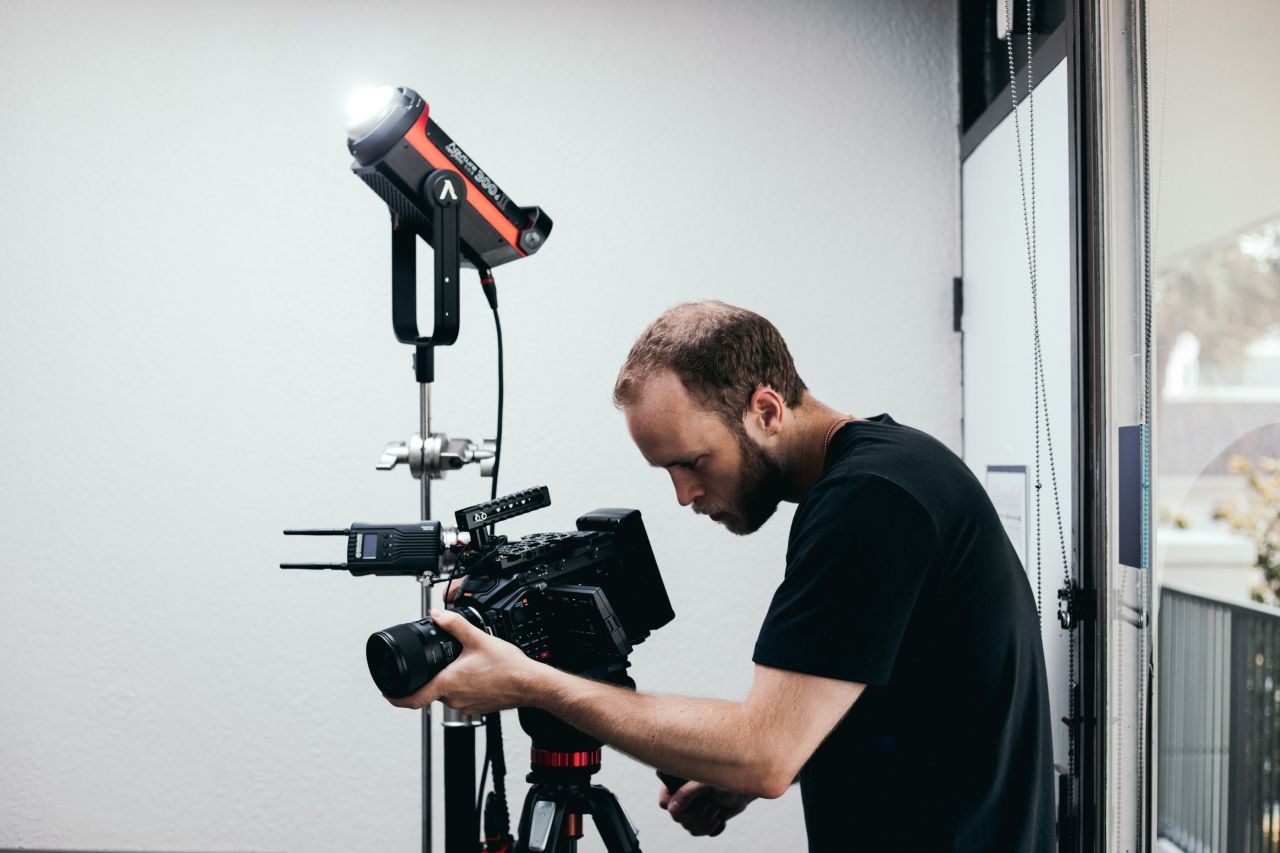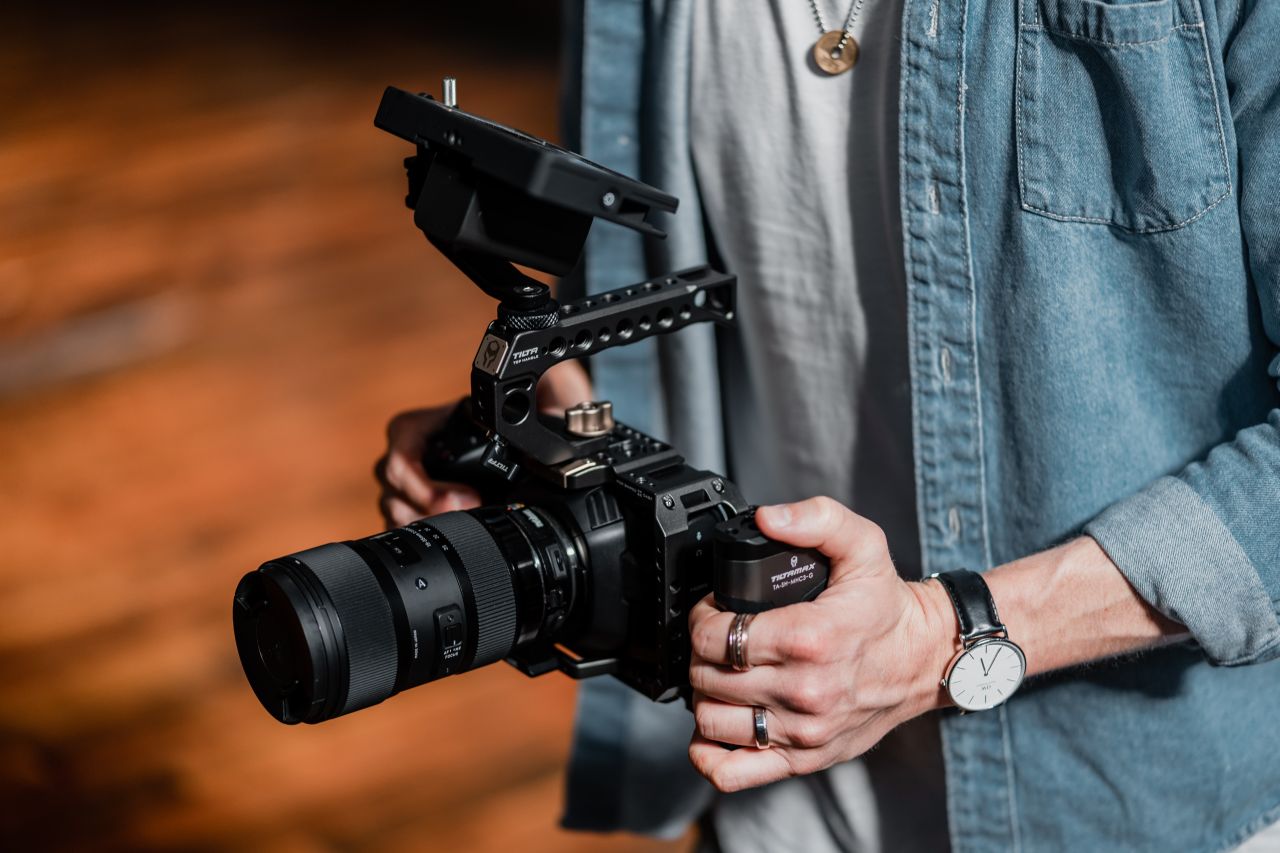Wedding videography captures special moments, bringing back memories you may otherwise forget. While wedding photography has long been standard, more couples are considering videography, though the cost can be a concern.
This leads to the question: should wedding videography be expensive?
Let’s get straight to the point
Wedding videography captures irreplaceable memories, offering a live perspective that photos cannot. While potentially costly, the expense is often justified by the benefits: professional-quality equipment, detailed pre-and post-production, and skilled videographers who bring artistry to their work.
Videography costs vary based on coverage length, equipment, crew size, and the complexity of editing.
Investing in a professional ensures a polished, cinematic wedding video that includes every key moment and detail.
Though additional expenses like music licensing, equipment rental, and travel can increase costs, a wedding video is a lasting investment in preserving the emotion and story of your special day.
Factors Influencing the Cost of Wedding Videography

Wedding videography costs can vary based on multiple factors, including the following:
- Coverage Length: Longer coverage times typically mean a higher cost.
- Equipment: Using high-end cameras, drones, or multiple camera angles increases costs.
- Crew: More videographers or crew members mean higher expenses.
Considering these factors, a professional videographer can be a significant investment, but the quality and professionalism are worth it for many couples.
Why Consider a Wedding Video?
Having a wedding video offers unique benefits. Photos capture still moments, but a video brings emotions, sounds, and the flow of the day to life. You’ll see moments like the bride walking down the aisle or the groom’s expression when he first sees his bride.
For these reasons, many couples believe a wedding video is worth investing in.
Is Hiring a Videographer Necessary?
For many couples, a wedding video is the best way to remember their big day. Yet, it’s common to wonder, “Is it necessary?” Here’s why many couples choose to budget for a wedding videographer:
- Capturing Every Detail: A videographer ensures that the major and minor details are captured, from the ceremony to the reception.
- Professional Touch: A professional will use their expertise to create a polished, cinematic video.
A wedding video can hold priceless value, preserving memories that would otherwise fade over time.
Artistry, Competence, and Equipment
High-quality wedding videography requires more than expensive equipment; it also demands skill and artistry. Here are a few essential elements:
- Equipment: High-quality cameras, lenses, lighting, and microphones enhance the final product.
- Skill and Experience: Experienced videographers know how to frame, light, and edit scenes for the best results.
- Creativity: Videography isn’t just about filming; it’s about telling a story.
A professional videographer combines equipment, skills, and creativity to deliver a beautiful wedding video.
What Goes Into Wedding Videography?
Pre-Production
Before the big day, your videographer will plan the following:
- Timeline: Coordinate with your schedule to capture key moments.
- Lighting: Assessing the venue lighting for optimal shots.
- Sound: Checking sound quality for vows, speeches, and music.
Post-Production
Post-production involves editing the footage, adding effects, and fine-tuning audio. This stage often includes:
- Colour Grading: Adjusting colours for a cohesive, professional look.
- Sound Mixing: Ensuring clear audio and balanced sound levels.
- Final Edits: Cutting, rearranging, and adding transitions.
This process can take days or weeks, depending on the complexity of the video, which contributes to the overall cost.
Why Editing Takes So Much Time
Editing a wedding video involves several labour-intensive steps, including:
- Footage Review: Sorting through hours of footage to find the best moments.
- Rendering: Processing video files, which can be time-consuming.
- Revisions: Make any requested changes before finalising the video.
Each step in the editing process requires time and attention to detail, which is why a high-quality wedding video is expensive.
Essential Equipment for Wedding Videography
Professional videographers invest in various equipment, each of which adds to the quality of the final product. Here’s a look at common gear:
- High-Quality Cameras: Ensures sharp, clear footage.
- Lenses: Allows for different perspectives and focus points.
- Stabilisers and Gimbals: Keeps the footage smooth and steady.
- Lighting: Adapts to indoor and outdoor settings.
Other Essential Gear
Here’s a more detailed list of equipment that videographers often use:
- Wireless microphones
- Tripods and monopods
- Drones for aerial shots
- Second camera for multiple angles
- External audio recorders
Each piece of equipment plays a crucial role in capturing professional-grade footage, adding to the cost of the service.
Licensing Music and Permissions
If you want a particular song in your wedding video, it must be properly licensed. Licensed music avoids legal issues and ensures that your video complies with copyright laws. Discuss this with your videographer early in the planning process to avoid last-minute complications.
The Value of Experience in Wedding Videography
Experienced wedding videographers bring technical knowledge and storytelling skills that enhance the final product. They know how to navigate the unpredictable nature of weddings, ensuring they capture key moments without interrupting the flow of the day.
Software and Editing Tools
Professional editing software is essential for creating a polished video. Some of the tools videographers use include:
- Video Editing Software: Allows for seamless editing, effects, and transitions.
- Audio Software: Mixes and balances sound levels for clear audio.
Investing in high-quality software is costly but essential to deliver a polished, professional wedding video.
Freelance vs. Full-Time Videographers

Many videographers work as freelancers, which allows them to be flexible and take on various projects. However, freelancers face challenges, such as finding consistent work and balancing expenses.
Freelancing requires skills in videography and business management, as freelancers often handle their own promotion, scheduling, and client communication.
Marketing and Promotion
Videographers promoting their services are often more reliably committed to growing their business. Marketing can take many forms, including:
- Social Media: Platforms like Instagram and Facebook help showcase previous work.
- Websites and Portfolios: A professional website offers clients a way to view their style and services.
By investing in marketing, videographers can reach more clients and establish a strong reputation.
Additional Costs to Consider
Apart from the videography fee, additional expenses can include:
- Assistant Fees: Some shoots require extra crew members.
- Equipment Rental: High-end equipment may need to be rented.
- Travel Expenses: Covering transportation costs to the venue.
The initial quote usually includes these additional costs but can vary based on the project requirements.
Conclusion: Is Wedding Videography Worth the Investment?
The final cost of your wedding video will depend on factors like equipment, experience, and post-production work. While videography can be expensive, it offers unique value by preserving memories in a way that photos alone cannot.
Investing in wedding videography means investing in a professional who can capture the essence of your special day. Choosing a skilled videographer ensures that these cherished moments are preserved in a beautiful, high-quality video for years to come.
In the end, a wedding video is more than just a recording; it’s a treasure that captures the love, joy, and emotions of one of the most important days of your life.

